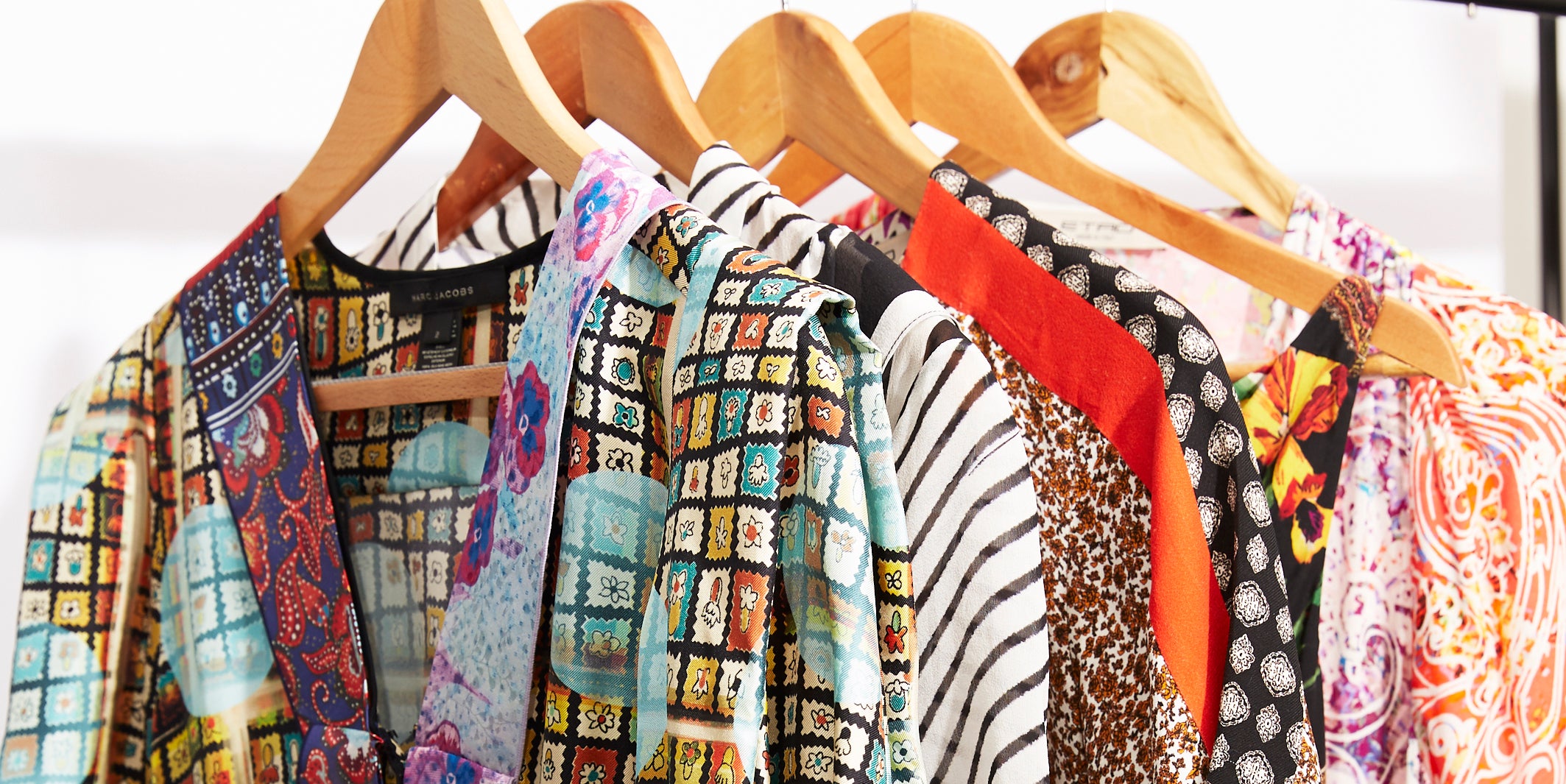Do Your Bit for The Planet, Buy Secondhand Designer Clothing
Fashion’s dirty secret is now common knowledge – the environmental and ethical costs of the apparel industry have grown so great they’ve overtaken the airline industry with their carbon footprint. Not to mention fashion is now the second largest polluter of clean water in the world. The “fast fashion” phenomenon and the throwaway culture that comes with it is being increasingly shunned by the modern day consumer and attitudes to shopping are slowly changing.

Here are some quick facts about the dangerous effects of fashion on our planet –
- One million tons of clothing per year is purchased in the UK and 300,000 tons of clothing are thrown away.
- When polyester is washed, it sheds microfibres that are adding to the increased levels of plastic in our oceans. Fast fashion is a huge consumer of polyester.
- Garment production in developing countries releases 90% of toxic wastewater into natural water supplies and rivers that contain lead, mercury, arsenic and more. We need to produce less and in a safer environment.
- 20,000L of water is used to create just 1kg of cotton putting pressure on resources where countries are even suffering droughts. So those £5 pairs of jeans and £1 tops have a huge environmental, if not financial cost.
Now that this data is out in the open, large companies are increasingly shifting towards sustainable and ethically sourced fabrics such as bamboo and organic cotton. For example the H&M group and Inditex, Zara’s parent company are among the top 5 users of organic cotton globally. Yet organic cotton still represents less than 1% of cotton use worldwide and this shift is not enough to counteract all the damage still being done by the apparel industry.
So what else can we do as consumers?
Shopping second-hand instead of brand new may seem like it makes a small difference to global emissions, however statistics show that simply by increasing the wear of an item you can make a huge difference to the environment. Fashion Revolution quotes that doubling the useful life of clothing from 1 year to 2 years reduces carbon emissions over the years by 24%.
Where once unwanted or discarded clothing would be subjected to an eternity in landfill, recycling it prevents that fate by giving pieces a new lease of life and avoiding the pollution caused by eventual incineration or chemical leaching. The US alone is quoted to have 15 million tons of used textile waste discarded annually, so a global effort towards preworn fashion could have an immense effect on landfill and pollution.
In fact, the industry of reselling designer clothing has been growing rapidly since 2016 according to Vogue. The publication has also reported that this space in the fashion world will be worth a whopping $41 billion globally by 2022 and Fashion United have also predicted that the second-hand market will soon be bigger than the luxury market in general due to the internet and fashion hunter’s abilities to find their second-hand designer goods online, rather than traditionally scouring specialist boutiques.
As Shona says, “Secondhand clothing is expected to make up one third of wardrobes by the end of 2033, as the “Share, Repair, Resell” ethos becomes the norm, rather than the exception. It’s an idea that I have seen grow over the last seventeen years, but it really feels like a critical tipping point has been reached. In 2002, I had to explain to people why buying second hand and reselling your wardrobe was a great idea - in 2019, I am proud of the fact that those conversations are becoming rarer. Reselling and buying secondhand for ethical as well as financial reasons has become a matter of principle and pride for so many women.”

Join the reselling movement by committing to always look at resale first - or do what several of our customers are doing and only finance secondhand purchases by reselling pieces they no longer want.
Sign up to the Shonamac newsletter to be kept up to date with new arrivals, offers and the best of the secondhand resale market or get in touch to see how we can help you resell your designer items.












Nice work.
fast fashion environmental impact